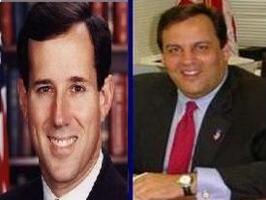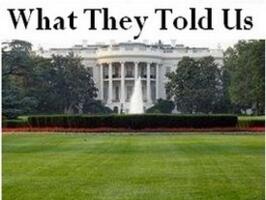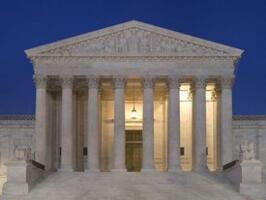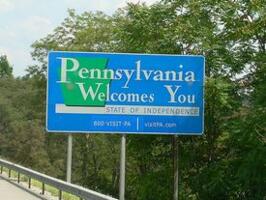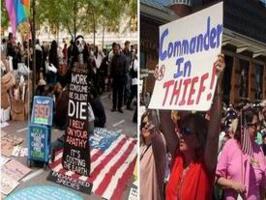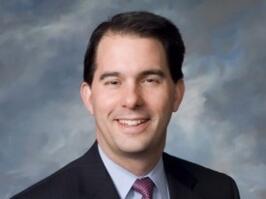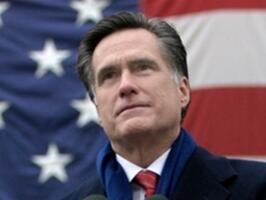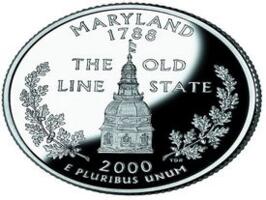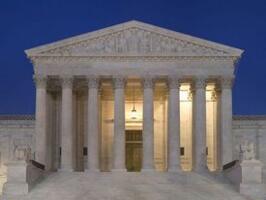March 29, 2012
Most voters continue to believe the federal government does not have the authority to force people to buy health insurance, and they expect the U.S. Supreme Court to overturn President Obama’s health care law that includes that mandate.
The latest Rasmussen Reports national telephone survey finds that 50% of Likely U.S. Voters would like to see the Supreme Court overturn the health care law, and 54% predict that that’s what the court will do.
Thirty-seven percent (37%) would like to see the high court uphold the legality of the law, but just 26% think that’s what the court will ultimately decide. Thirteen percent (13%) are undecided about the law, and 21% aren’t sure what the Supreme Court will do about it. (To see survey question wording, click here.)
(Want a free daily e-mail update? If it's in the news, it's in our polls). Rasmussen Reports updates are also available on Twitter or Facebook.
The survey of 1,000 Likely U.S. Voters was conducted on March 27-28, 2012 by Rasmussen Reports. The margin of sampling error is +/- 3 percentage points with a 95% level of confidence. Field work for all Rasmussen Reports surveys is conducted by Pulse Opinion Research, LLC. See methodology.

